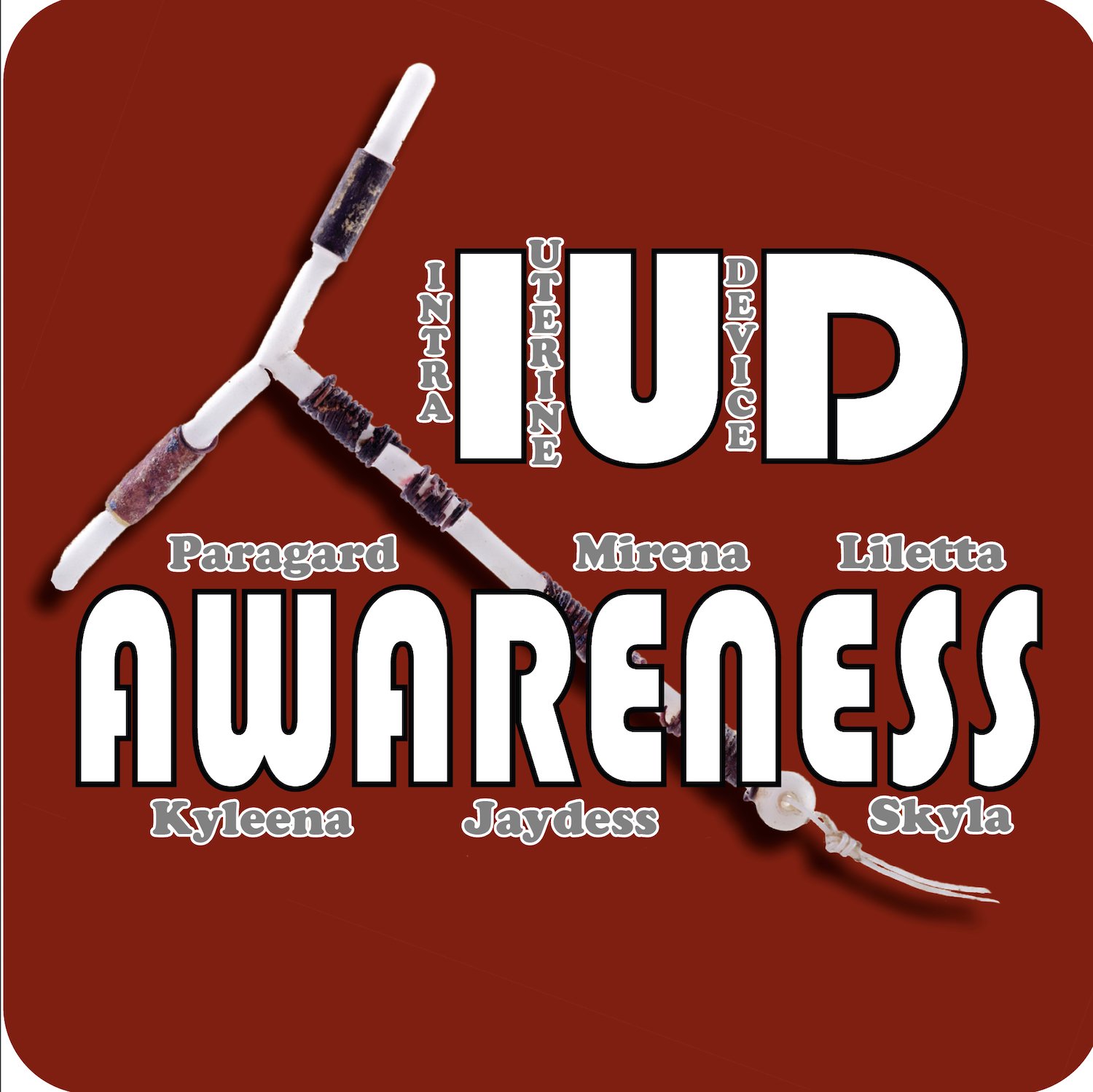Mirena IUD and Weight Gain – Any Link?
/ Internet Link
Mirena IUD and Weight Gain – Any Link?
Mirena is a contraceptive device that can produce side effects. In this article, we will discuss the usage and side effects, specifically weight gain.
What is Mirena?
It is an intrauterine device (IUD). This means that it is inserted directly into the uterus by a doctor. It is small, flexible and polyethylene (a type of plastic). It contains the hormone levonorgestrel, a progesterone hormone. It is indicated for women who have had a child and seek a plan to control long-term birth.
How does it work
This IUD alters hormone levels of women who use it. It can completely stop ovulation or this can continue normally. When ovulation continues, it alters the uterine wall and the mucus secreted is less receptive to sperm. It also makes the uterine lining less receptive to embryos.
Can Mirena cause weight gain?
In a clinical study of Mirena, weight gain was observed in approximately 5 percent of women who participated in the study. However, the trial did not compare to a similar group of women who were not using the device. Therefore, the study on Mirena and weight gain is not conclusive. However, many women have reported gaining weight whether using the device or after its removal. According to some experts, this is due to the hormonal imbalance that Mirena creates in women.
Some women experiences
Many women have already shared their views on the IUD, and few of them say the device helps in weight loss, but most of them expose the opposite effect, which is that Mirena IUD fattens. There are also descriptions of the elimination process, which demonstrate that metabolism did not benefit from disruption of the supply of synthetic hormones.
Elena, “When I was with the IUD, I managed to gain 40 pounds in 3 years. The device has been removed a few months ago, and so far 30 pounds eliminated. I do not feel well, and I hope that other women have better results “. Stacy, “I’m with the IUD for almost five years, and I diet and exercise regularly. I try to eat well, not to gain extra pounds. I gained weight so far not significantly, I feel that my breasts are bigger. I think I can share a little more when I remove and observe if I gain or lose weight.”
Megan, “I am on my second attempt with the IUD, and different from the first, I am now practicing many exercises like Zumba, yoga, and cardio. I hope this time, unlike the first, I do not get 15 kilos.”
Melissa, “Since I put the IUD, I gained 60 pounds, and no matter the diet or regularly training, I can not even lose 1. There is nothing wrong with my exams, but I feel anxious, tired and without libido, in addition to acne problems.” Judith, “I would love to magically lose a few pounds after removing the IUD, but this would not be true. There were no weight gain problems but my issue is that I do not lose a gram, and I see that my diet and exercise were very strict “.
So, are you experiencing weight gain with Mirena? You are not alone. It is not a myth.
What to do if you notice weight gain
If you notice any significant weight gain you can take measures to limit or lose pounds. You should be physically active for 30 minutes a day, four or five days a week. This activity must include a regimented training program that develops the cardiovascular system and weight training program to strengthen the joints and muscles. Other days can include many sports activities like swimming, basketball, football or racquetball. Change of diet to limit or reduce calories and sugars can greatly cut much or decrease weight gain. If you can reduce your calorie intake (especially sugars and carbohydrates) to 500 calories a day, you will start to lose weight. But if diet and exercises don’t produce any positive results, you should consider discussion the device removal with your gynecologist.
What to avoid
Quick fixes such as weight loss pills, crash dieting, and starving, are not the answer for weight long term. Often lead to weight gain and stress your body.
Other Mirena side effects
Weight gain is not only what women can experience as adverse reactions. They may face vaginal bleeding (source: http://detoxscientific.com/mirena-bleeding/), alterations in periods, nausea, acne, back pain, ovarian cysts and low sex drive. Women may also obtain abnormal results for their Pap tests.
More seriously, some complications like uterus perforation and infection of group A streptococcus which can cause septicemia and death.
Caution
Women should not use this IUD if they have recently a serious infection in the pelvic area, liver disease, breast cancer, or if they are vulnerable to infection triggered by immune conditions like leukemia and AIDS or leukemia. Also, when considering birth control or contraceptive, you should consult your doctor about the right choice for you. Whenever you change your diet, you begin a new or start an exercise program, consult your physician to make sure there are no risks to your health.
















































Hormonal IUD Info
IUD Alert